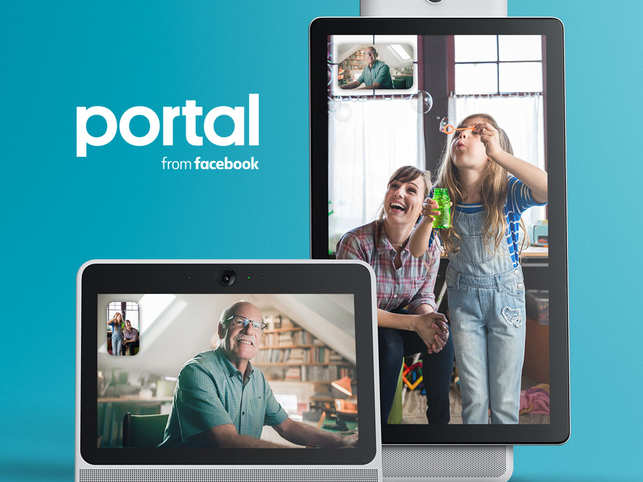#Facebook,#Portal #FacialRecognition #MarkZuckerberg #SocialMedia
Trusting Facebook (or not)
Facebook does not command a standard level of trust. To recover from recent lows, Facebook needs to establish an extraordinary level of trust with users. A fantastic level of trust. Instead, it’s charting new inroads into their lives.
Hardware is hard. Facebook isn’t a hardware maker and its handling of Oculus is the company’s only real trial with the challenges of making, marketing — and securing — something that isn’t a social app. In 2012, Zuckerberg declared that hardware has “always been the wrong strategy” for Facebook. Two years later, Facebook bought Oculus, but that was a bid to own the platform of the future after missing the boat on the early mobile boom — not a signal that Facebook wanted to be a hardware company.
Reminder: Facebook’s entire raison d’être is to extract personal data from its users. For intimate products — video chat, messaging, kitchen-friendly panopticons — it’s best to rely on companies with a business model that is not diametrically opposed to user privacy. Facebook isn’t the only one of those companies (um, hey Google) but Facebook’s products aren’t singular enough to be worth fooling yourself into a surfeit of trust.
Gut check
Right now, as consumers, we only have so much leverage. A small handful of giant tech companies — Facebook, Apple, Amazon, Google, and Microsoft — make products that are ostensibly useful, and we decide how useful they are and how much privacy we’re willing to trade to get them. That’s the deal and the deal sucks.
As a consumer, it’s worth really sitting with that. Which companies do you trust the least? Why?
It stands to reason that if Facebook cannot reliably secure its flagship product — Facebook itself — then the company should not be trusted with experimental forays into wildly different products, i.e. physical ones. Securing a software platform that serves 2.23 billion users is an extremely challenging task, and adding hardware to that equation just complicates existing concerns.
You don’t have to know the technical ins and outs of security to make secure choices. Trust is leverage — demand that it be earned. If a product doesn’t pass the smell test, trust that feeling. Throw it out. Better yet, don’t invite it onto your kitchen counter to begin with.
If we can’t trust Facebook to safely help us log in to websites or share news stories, why should we trust Facebook to move into our homes an always-on counter-mounted speaker capable of collecting incredibly sensitive data? Tl; dr: We shouldn’t! Of course, we shouldn’t. But you knew that.
By Taylor Hatmaker @tayhatmaker

Comments
Post a Comment